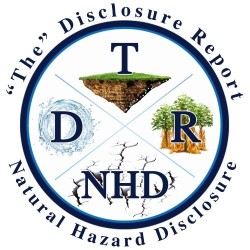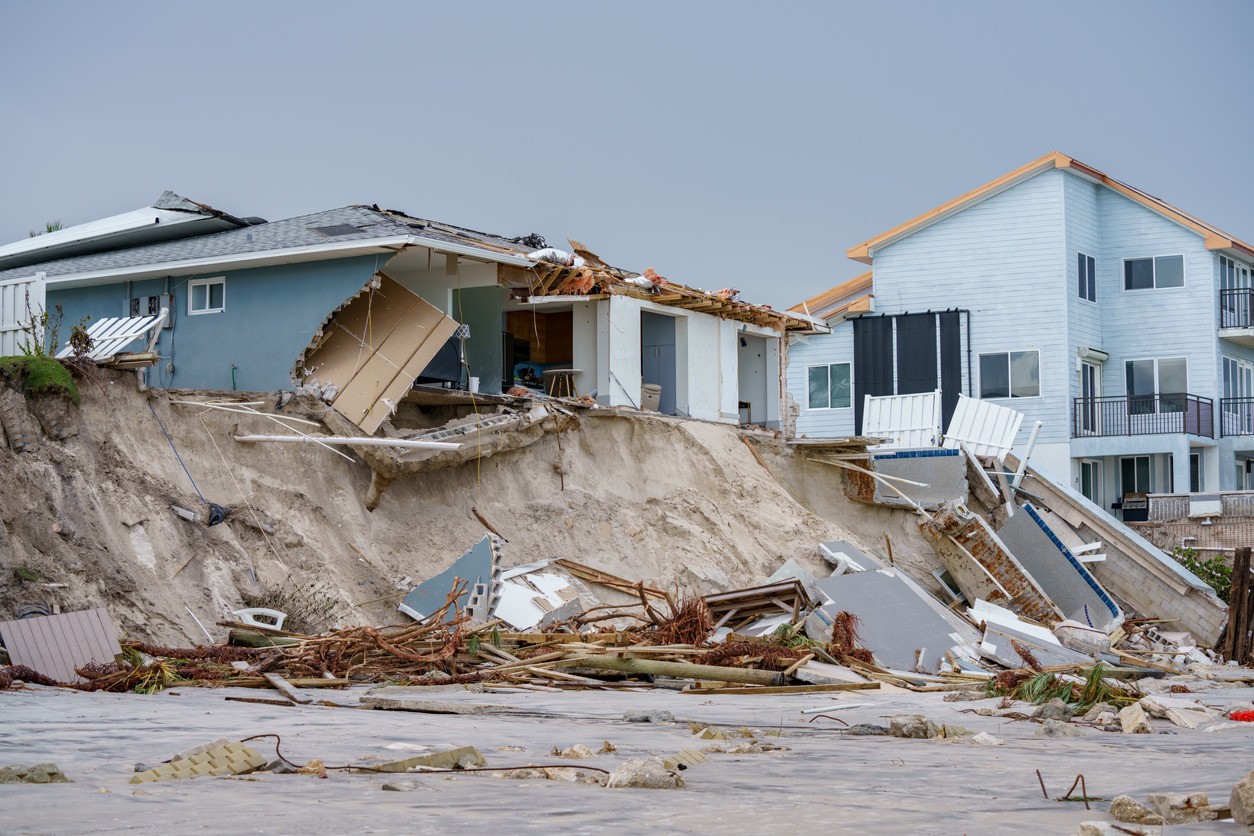Landslides are a serious geologic hazard that can have lasting effects on property value and homeowner safety. Whether triggered by heavy rainfall, earthquakes, or human activity, landslides can cause significant structural damage and financial loss. For homebuyers and real estate professionals, understanding the risks associated with landslide zones is crucial for making informed decisions and ensuring property stability.
Understanding Landslide Zones and Their Impact
Landslide zones are designated areas where the likelihood of slope failure is higher due to environmental and geological conditions. These areas are typically mapped and assessed by government agencies to help identify potential risks. The presence of a property within a landslide-prone zone can impact both its value and the feasibility of future development.
Several factors contribute to landslide risk, including:
- Soil Composition: Loose or clay-heavy soil is more susceptible to shifting.
- Slope Stability: Steep inclines increase the chance of erosion and collapse.
- Water Drainage: Poor drainage or excessive rainfall can weaken the ground, leading to landslides.
- Seismic Activity: Earthquakes can trigger sudden slope failures in vulnerable regions.
- Human Activity: Construction, deforestation, and improper land grading can destabilize slopes and increase landslide risk.
The Impact of Landslide Zones on Property Value
Properties located within landslide zones often face unique challenges that can influence their marketability and long-term value. Key considerations include:
- Decreased Property Value: Homes in high-risk areas may see lower demand, leading to reduced property prices.
- Insurance Costs: Standard homeowners’ insurance typically does not cover landslides, requiring additional specialized coverage.
- Development Restrictions: Local regulations may limit new construction or require costly mitigation measures to ensure stability.
- Resale Challenges: Buyers may be hesitant to invest in properties that carry increased geologic risks.
How Real Estate Agents Can Communicate Landslide Risks
For real estate professionals, effectively communicating landslide risks to buyers is essential for maintaining trust and transparency. Here’s how agents can help:
- Provide Natural Hazard Disclosure (NHD) Reports: These reports offer detailed insights into a property’s risk factors, including landslide-prone areas.
- Educate Buyers on Mitigation Measures: Inform buyers about potential solutions, such as retaining walls, proper drainage systems, and soil stabilization techniques.
- Encourage Site Inspections: Recommend geotechnical evaluations to assess soil stability before purchasing a property.
- Discuss Insurance Options: Ensure buyers understand their coverage needs and the potential costs associated with landslide insurance.
Tips for Homebuyers to Safeguard Their Homes
If purchasing a home in a landslide zone, buyers should take proactive steps to minimize risks and protect their investment:
- Assess Property History: Research past landslides in the area and review any mitigation efforts already in place.
- Implement Proper Drainage Systems: Redirecting water away from slopes can reduce soil saturation and improve stability.
- Reinforce Landscaping: Planting deep-rooted vegetation can help anchor soil and prevent erosion.
- Construct Retaining Walls: Engineered barriers can provide additional support to slopes and prevent sudden ground movement.
- Monitor Land Movement: Regularly inspect slopes and foundations for signs of shifting, such as cracks in walls or uneven flooring.
TDR NHD: Providing Essential Insights for Safer Real Estate Transactions
Navigating real estate transactions in landslide-prone areas requires reliable information and expert guidance. TDR NHD delivers comprehensive NHD reports that highlight landslide risks, helping buyers, sellers, and agents make well-informed decisions. By understanding the geologic hazards affecting a property, buyers can take necessary precautions to safeguard their homes and investments.
Real estate safety begins with knowledge. With TDR NHD, realtors and homebuyers gain the insights they need to confidently approach real estate transactions while minimizing risks associated with landslides and other natural hazards.

